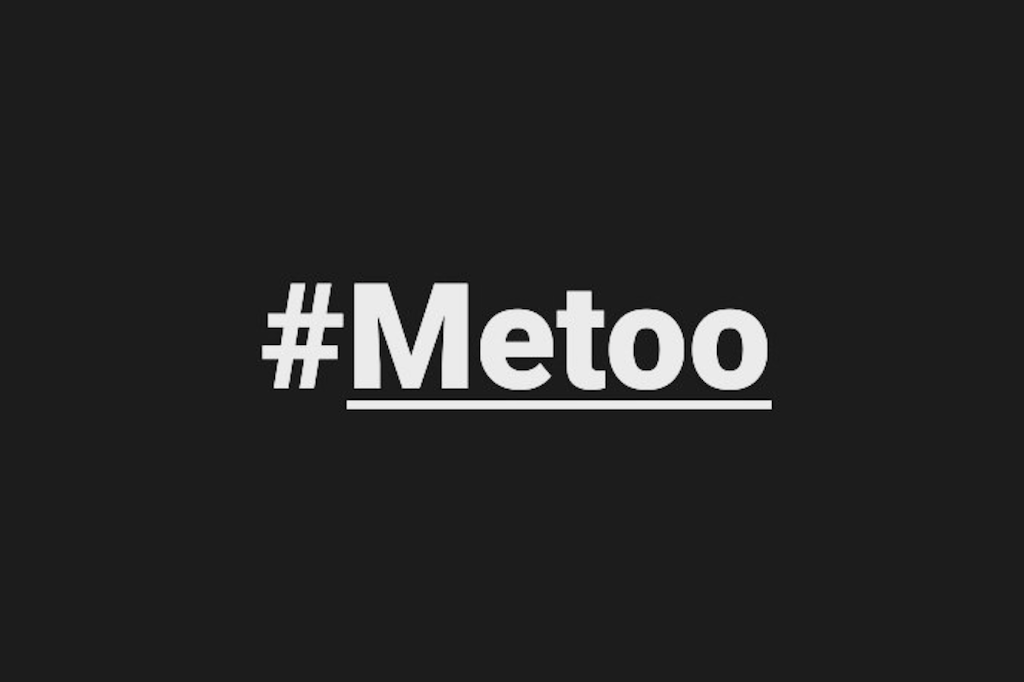The Harvey Weinstein and Hollywood sexual abuse scandal is one that needs no introduction: it has been the – perhaps unsurprising – revelation that women in Hollywood are being abused, manipulated and raped by men in positions of power. It is the systematic and institutionalised exploitation of women.
Yet , in wake of the scandal, Tom Jones came out and said, ‘what happens to women happens to men as well’, firmly positioning men into this equation of sexual abuse.
And indeed, I have found that following the allegations of widescale female abuse by men in positions of power, near all conversations I have had on the matter have been bookended with the phrase, ‘oh, and this happens to men, too’. Certainly no one is denying that men are raped and sexually abused too, but what the Weinstein, Dustin Hoffman and even Donald Trump sexual abuse, harassment and rape allegations show is not merely a matter of sexual abuse, it is the wide scale exploitation of women. This is a matter of systematic abuse, and part of a societal-wide issue of sexism.
In England, 93% of rape victims are women. This is a fact. This is not an issue that effects women and men in near equal terms, but one that disproportionately and by far effects women. The next time you go to your seminar, look around the room, and count to five. Because according to the Home Office, 1 in 5 women have experienced some form of sexual abuse or harassment since the age of 16. Comparatively, only 2.7% of men face similar issues.
When we talk about ‘equality’, this does not mean talking about issues in equal maters between men and women. Following the Weinstein scandal, we should be able to talk about issues that disproportionately effect women, without feeling the need to talk about men. Yes male sexual abuse needs discussing, but following the revelations of institutionalised abuse against women, now is not the time. By equating male sexual abuse to the systematic abuse of women like Jones’ comment show, we are diluting the questions that need to be asked.
Right now, we need to be addressing how and why such systematic abuse of women is occurring. We need to ask not why women are raped, but why men rape women in such high figures. We need to ask where it is we are going wrong in our education that leads to such abuse. We need to discuss the relationship between everyday sexism, and the extreme (yet not uncommon) end of misogyny: domestic violence, sexual abuse, and rape. We need to ask why the likes of Harvey Weinstein, Dustin Hoffman, Michael Fallon, Donald Trump and countless others did not see an issue with their behaviour, and why they were allowed to get away with it. By equating the sexual abuse of men – who, as discussed, account for only 7% of rape victims in the UK – to the systematic and institutionalised systems against women, we are refusing to address these systems. We need to discuss how female sexual abuse is a cause and effect of female inequality. This does not make male sexual abuse irrelevant, but to say that it does not feed into a wider set of systems, in the same way it does for women.
Perhaps this is all summarised by Tom Jones himself; when asked how he dealt with such unwanted advancements, he said: ‘you know, you just avoid it […] [you] just walk out’.
But for women, it is not a simple case of just being able to ‘walk out’.
For women, abuse is everywhere. Whether it is an abuse of power, the gender pay gap, harassment, racial/sexual implications, gender inequality is everywhere for women. This is a time to discuss the systems and attitudes against women, and the Hollywood abuse claims needs to be seen as not merely matters of sexual abuse, but as part of the wider systems that act against women.
Juliette Rowsell
(Image courtesy of junkee.com)

